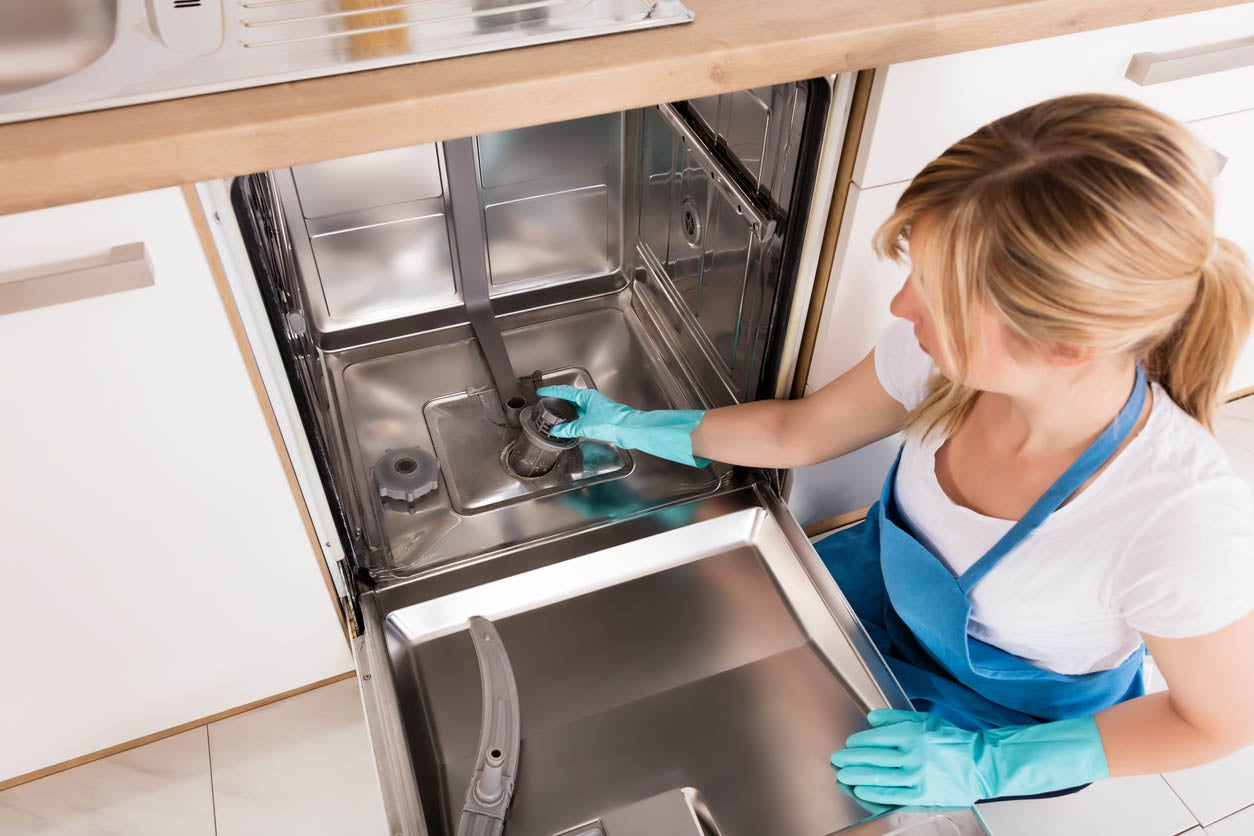

Articles
How To Unclog Frigidaire Dishwasher
Modified: January 18, 2024
Learn how to unclog your Frigidaire dishwasher with these helpful articles. Save time and hassle by following our step-by-step guides and troubleshooting tips.
(Many of the links in this article redirect to a specific reviewed product. Your purchase of these products through affiliate links helps to generate commission for Storables.com, at no extra cost. Learn more)
Introduction
A clogged Frigidaire dishwasher can be a frustrating problem that disrupts the smooth functioning of your kitchen. It can result in standing water, dirty dishes, and even unpleasant odors. However, with the right knowledge and tools, you can easily address this issue and have your dishwasher running smoothly again.
In this article, we will guide you through the process of unclogging a Frigidaire dishwasher step-by-step. We will also discuss the reasons behind a clogged dishwasher, safety precautions to follow, and alternative methods you can try if the primary technique doesn’t work. Additionally, we will provide tips on maintaining a clog-free dishwasher for long-term convenience.
Before we begin, it’s important to note that basic troubleshooting and maintenance can often prevent the need for unclogging in the first place. Regularly cleaning the filter, ensuring proper loading techniques, and using high-quality dishwasher detergent can go a long way in preventing clogs. However, if you find yourself dealing with a clogged Frigidaire dishwasher, let’s get started with unclogging it.
Key Takeaways:
- Prevent clogs by regularly cleaning the filter, scraping off excess food, and using high-quality detergent. Proper loading and maintenance practices will keep your Frigidaire dishwasher running smoothly and clog-free.
- Unclog your Frigidaire dishwasher safely by following step-by-step instructions and taking necessary precautions. Alternative methods like using baking soda and vinegar or seeking professional assistance can effectively address persistent clogs.
Read more: How To Install Frigidaire Dishwasher
Reasons for a Clogged Frigidaire Dishwasher
A clogged Frigidaire dishwasher can occur due to various reasons. Understanding these causes will help you take preventive measures and avoid future clogs.
1. Food Debris: One of the most common culprits behind a clogged dishwasher is food debris. Small bits of food that are not properly rinsed off dishes before loading can collect in the dishwasher drains or filter. Over time, this buildup can lead to blockages and hinder the dishwasher’s ability to drain effectively.
2. Grease and Fat: Cooking grease, oils, and fats are substances that can solidify and accumulate in the dishwasher’s pipes and drain. As they cool down and solidify, they form stubborn clogs that require thorough cleaning.
3. Hard Water Deposits: If you live in an area with hard water, mineral deposits can form over time and cause blockages in your dishwasher. These deposits can restrict the flow of water and hinder the dishwasher’s performance.
4. Broken or Misaligned Parts: A malfunctioning or misaligned part in your Frigidaire dishwasher can also contribute to clogs. This can include issues with the pump assembly, drain hose, or spray arms. Any damaged or misaligned parts should be repaired or replaced to prevent clogs.
5. Improper Loading: Improperly loading your dishwasher can lead to clogs as well. Overloading the dishwasher or placing large items in a way that blocks the spray arms can disrupt the flow of water, causing debris to accumulate and clog the dishwasher.
By understanding the reasons behind a clogged Frigidaire dishwasher, you can take the necessary precautions and minimize the chances of experiencing a clog. However, if you do encounter a clogged dishwasher, don’t worry. In the following sections, we will guide you through the process of unclogging it safely and effectively.
Precautions and Safety Measures
Before unclogging your Frigidaire dishwasher, it is important to take certain precautions to ensure your safety and protect the integrity of the appliance.
1. Turn off the Power: Start by turning off the power supply to the dishwasher. This can be done by either unplugging the dishwasher or switching off the circuit breaker dedicated to it. This precautionary measure will help prevent any accidental injuries during the unclogging process.
2. Wear Protective Gear: It is recommended to wear protective gloves, safety goggles, and even a face mask to protect yourself from any debris, bacteria, or cleaning chemicals that may be present in the dishwasher.
3. Check for Breakages: Before you begin working on your dishwasher, carefully inspect the wash arms, pump assembly, and drain hose for any visible signs of breakages or damages. If you notice any issues, such as loose or broken parts, it is important to address them before proceeding with the unclogging process.
4. Use Safe Cleaning Solutions: When choosing a cleaning solution for your dishwasher, be sure to use products that are suitable for dishwasher use. Avoid using harsh chemicals or abrasive cleaners that can damage the appliance or leave residue that may affect future cycles.
5. Follow Manufacturer Guidelines: As with any appliance maintenance, it is wise to consult the manufacturer’s manual for specific instructions and guidelines related to unclogging your Frigidaire dishwasher. This will ensure that you’re following the correct procedures and using the appropriate tools.
By taking these precautions and safety measures, you can proceed with unclogging your Frigidaire dishwasher confidently and avoid any potential accidents or damage. Once you’ve ensured your safety, gather the necessary materials before moving onto the unclogging process.
Materials Required
Before you begin unclogging your Frigidaire dishwasher, gather the following materials:
- Dishwashing gloves: These will protect your hands from any debris or cleaning solutions.
- Safety goggles: Eye protection is important to shield your eyes from any splashes or sprays.
- Face mask: A face mask can help filter out any potential airborne particles or odors.
- Screwdriver: You may need a screwdriver to remove the dishwasher’s filter or access certain parts.
- Soft bristle brush: A soft bristle brush is useful for cleaning the dishwasher’s filter and removing any debris or buildup.
- Vinegar: White vinegar is an effective and natural cleaning solution that can help break down grease and remove hard water deposits.
- Baking soda: Baking soda is a gentle abrasive that can help remove stains, odors, and buildup in your dishwasher.
- Clean cloth or sponge: Use a clean cloth or sponge to wipe down the dishwasher interior and remove any residue.
- Old toothbrush: An old toothbrush can be handy for cleaning hard-to-reach areas and small components.
- Plumber’s snake or coat hanger: These tools can be used to dislodge any stubborn clogs in the dishwasher’s drain hose or pipe.
Having these materials readily available will ensure that you’re prepared for the unclogging process. Once you have everything you need, follow the step-by-step guide outlined below to effectively unclog your Frigidaire dishwasher.
To unclog a Frigidaire dishwasher, start by removing the bottom rack and cleaning the filter and spray arm. Then, use a pipe cleaner or straightened paperclip to clear any debris from the drain hose and air gap. Finally, run a cycle with a dishwasher cleaner to ensure everything is clear.
Step-by-Step Guide to Unclog a Frigidaire Dishwasher
Follow these steps to unclog your Frigidaire dishwasher and restore its proper functionality:
- Start by turning off the power supply to the dishwasher. This can be done by unplugging it or switching off the dedicated circuit breaker.
- Put on your protective gloves, safety goggles, and face mask before proceeding.
- Remove the lower rack of the dishwasher to access the filter and spray arm.
- Locate the dishwasher’s filter, which is typically at the bottom of the tub. Twist or unscrew the filter and lift it out.
- Inspect the filter for any food debris or buildup. Clean it thoroughly using warm soapy water and a soft bristle brush to remove any clogs. Rinse the filter well with water after cleaning.
- Check the spray arm for any blockages. If you notice food particles or mineral deposits, use a toothbrush or a small brush to clean the spray arm’s nozzles and remove any clogs.
- In a small bowl, mix equal parts white vinegar and warm water. Dip a clean cloth or sponge into the mixture and wipe down the interior of the dishwasher, paying special attention to the bottom and sides where debris may accumulate.
- If you suspect a clog in the drain hose or pipe, use a plumber’s snake or a straightened coat hanger to carefully dislodge the blockage. Insert the snake or coat hanger into the opening and gently maneuver it to remove any obstructions.
- Once you’ve cleared the clog, reassemble the filter, spray arm, and lower rack in their original positions.
- Turn the power supply back on and run a short cycle of your dishwasher without any dishes or detergent. This will help flush out any remaining debris or residue.
Following these steps should help unclog your Frigidaire dishwasher and restore its normal functioning. If the problem persists or the clog is severe, you may need to consider alternative methods or seek professional assistance.
Read more: How To Use A Frigidaire Dishwasher
Alternative Methods for Unclogging
If the primary method described in the previous section doesn’t fully unclog your Frigidaire dishwasher, there are a few alternative methods you can try:
1. Baking Soda and Vinegar: Create a mixture of equal parts baking soda and vinegar. Pour the mixture into the dishwasher’s bottom and let it sit for about 15-20 minutes. Then, run a hot water cycle to help break down the clog. The combination of baking soda and vinegar creates a chemical reaction that can help dissolve debris and clear the pipes.
2. Dishwasher Cleaner: If you prefer a commercially available product, there are several dishwasher cleaning solutions specifically designed to remove clogs and buildup. Follow the instructions on the cleaner’s packaging for the recommended usage. These cleaners often require running an empty cycle, and they can effectively dissolve grease, debris, and hard water deposits.
3. Check and Clean the Drain Hose: Disconnect the dishwasher’s drain hose from the sink or garbage disposal. Inspect the hose for any blockages or kinks. Use a plumber’s snake or coat hanger to remove any clogs or obstructions. Be cautious when inserting the snake or coat hanger to avoid damaging the hose. Once cleared, reconnect the drain hose and run a cycle to check if the clog has been resolved.
4. Call a Professional: If you’ve tried the above methods and the clog persists, it may be time to seek professional assistance. A certified dishwasher technician will have the expertise and tools to diagnose and fix more complex clogging issues.
Remember, prevention is always key to avoiding clogs in the first place. Regularly clean the filter, scrape off excess food from dishes, and use high-quality dishwasher detergent. These simple practices will help keep your Frigidaire dishwasher running smoothly and minimize the chances of encountering clogs in the future.
By utilizing these alternative methods and maintaining regular dishwasher maintenance, you can effectively unclog your Frigidaire dishwasher and ensure its optimal performance.
Maintaining a Clog-Free Dishwasher
To prevent future clogs in your Frigidaire dishwasher and maintain its optimal performance, it’s important to follow these maintenance tips:
- Clean the Filter Regularly: The dishwasher’s filter is designed to catch food particles and debris. Clean it at least once a month, or more frequently if needed. Remove any visible food debris and rinse the filter under running water to ensure it is clear of clogs.
- Scrape Off Excess Food: Before loading your dishes into the dishwasher, scrape off any excess food into the trash or compost. This will prevent large food particles from entering the dishwasher and potentially causing clogs.
- Load the Dishwasher Properly: Ensure that you’re loading your dishwasher correctly to ensure proper water circulation. Avoid overcrowding the dishwasher and blocking the spray arms. Place bulky items and utensils strategically to ensure a good flow of water.
- Use High-Quality Dishwasher Detergent: Opt for high-quality dishwasher detergent that is specifically formulated for use in dishwashers. Low-quality detergents can leave residue and contribute to clogs over time.
- Run Hot Water Before Starting a Cycle: Before starting a dishwasher cycle, run the hot water tap in your kitchen sink until the water gets hot. This will ensure that the dishwasher starts with hot water, which helps in breaking down grease and aiding the cleaning process.
- Regularly Inspect and Clean the Spray Arms: Check the spray arms for any obstructions or buildup. If you notice any clogs, use a toothbrush or small brush to clean the spray arm’s nozzles. This will ensure a proper flow of water during the wash cycles.
- Address Any Plumbing Issues Promptly: If you notice that your dishwasher is not draining properly or there are backups in the sink, address the plumbing issue promptly. Clogs further down the drainage system can affect the dishwasher’s performance.
By following these maintenance tips, you can keep your Frigidaire dishwasher clog-free and running smoothly. Regular cleaning, proper loading techniques, and using quality detergent will help ensure efficient operation and extend the lifespan of your dishwasher.
Remember, prevention is always better than cure when it comes to dishwasher clogs. By implementing these practices into your routine, you can enjoy hassle-free dishwashing and a well-functioning Frigidaire dishwasher.
Conclusion
A clogged Frigidaire dishwasher can be a frustrating problem, but with the right knowledge and maintenance, you can prevent and address clogs effectively. By understanding the reasons behind a clogged dishwasher and taking proper precautions, you can ensure your safety while unclogging the appliance.
In this article, we discussed various methods to unclog a Frigidaire dishwasher. We covered the step-by-step guide to unclogging, alternative methods, and the importance of maintaining a clog-free dishwasher. Regularly cleaning the filter, removing food debris, and using high-quality detergent are all essential practices to prevent clogs.
If the primary unclogging method doesn’t work, you can try alternative methods such as using baking soda and vinegar or dishwasher cleaner. Additionally, checking and cleaning the drain hose can help eliminate stubborn clogs. If all else fails, it may be necessary to seek professional assistance.
Remember, prevention is key to avoiding clogs in the first place. Regularly clean the dishwasher filter, scrape off excess food, and load the dishwasher properly. These practices will help keep your Frigidaire dishwasher running smoothly and minimize the chances of encountering clogs in the future.
By implementing proper maintenance and following the guidelines discussed in this article, you can ensure that your Frigidaire dishwasher remains clog-free and performs optimally. Enjoy the convenience and efficiency of a properly functioning dishwasher, free from clogs and interruptions.
Frequently Asked Questions about How To Unclog Frigidaire Dishwasher
Was this page helpful?
At Storables.com, we guarantee accurate and reliable information. Our content, validated by Expert Board Contributors, is crafted following stringent Editorial Policies. We're committed to providing you with well-researched, expert-backed insights for all your informational needs.
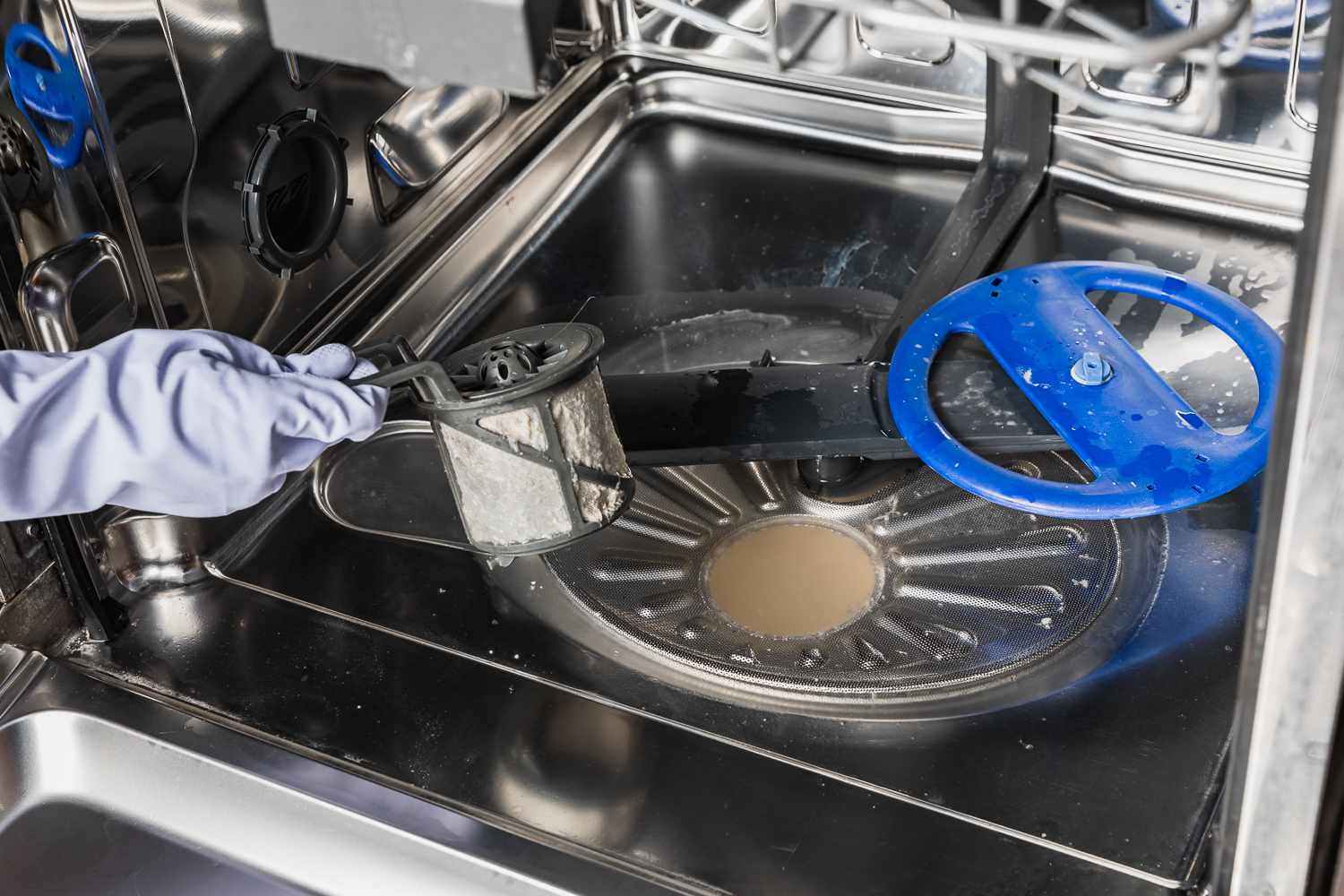
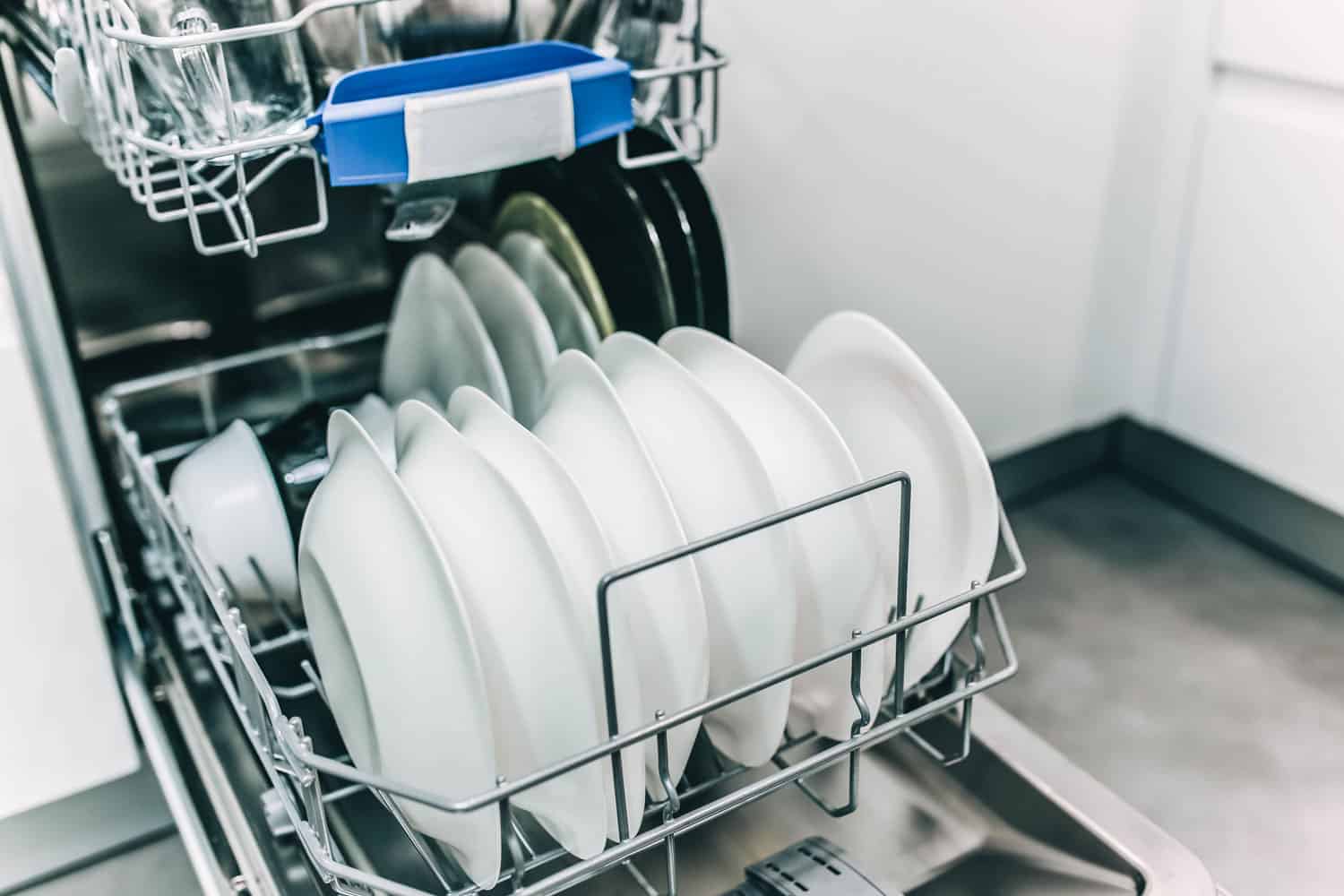
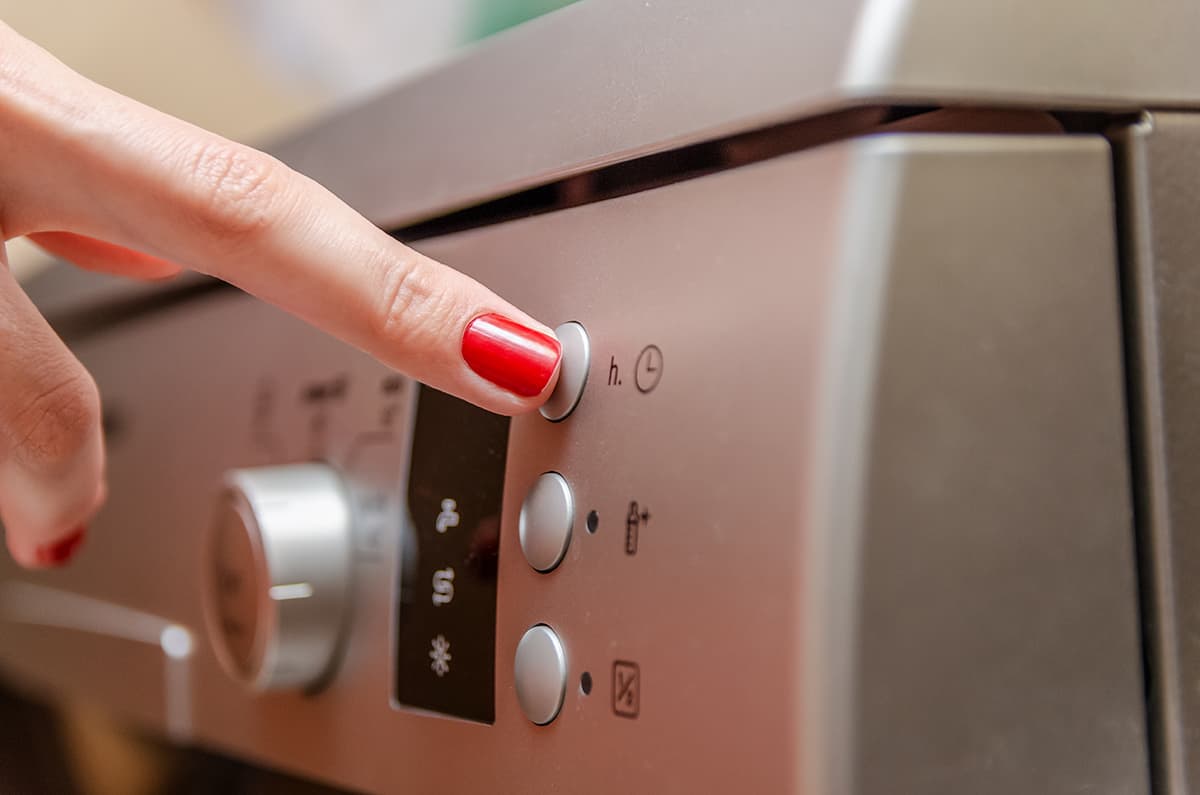
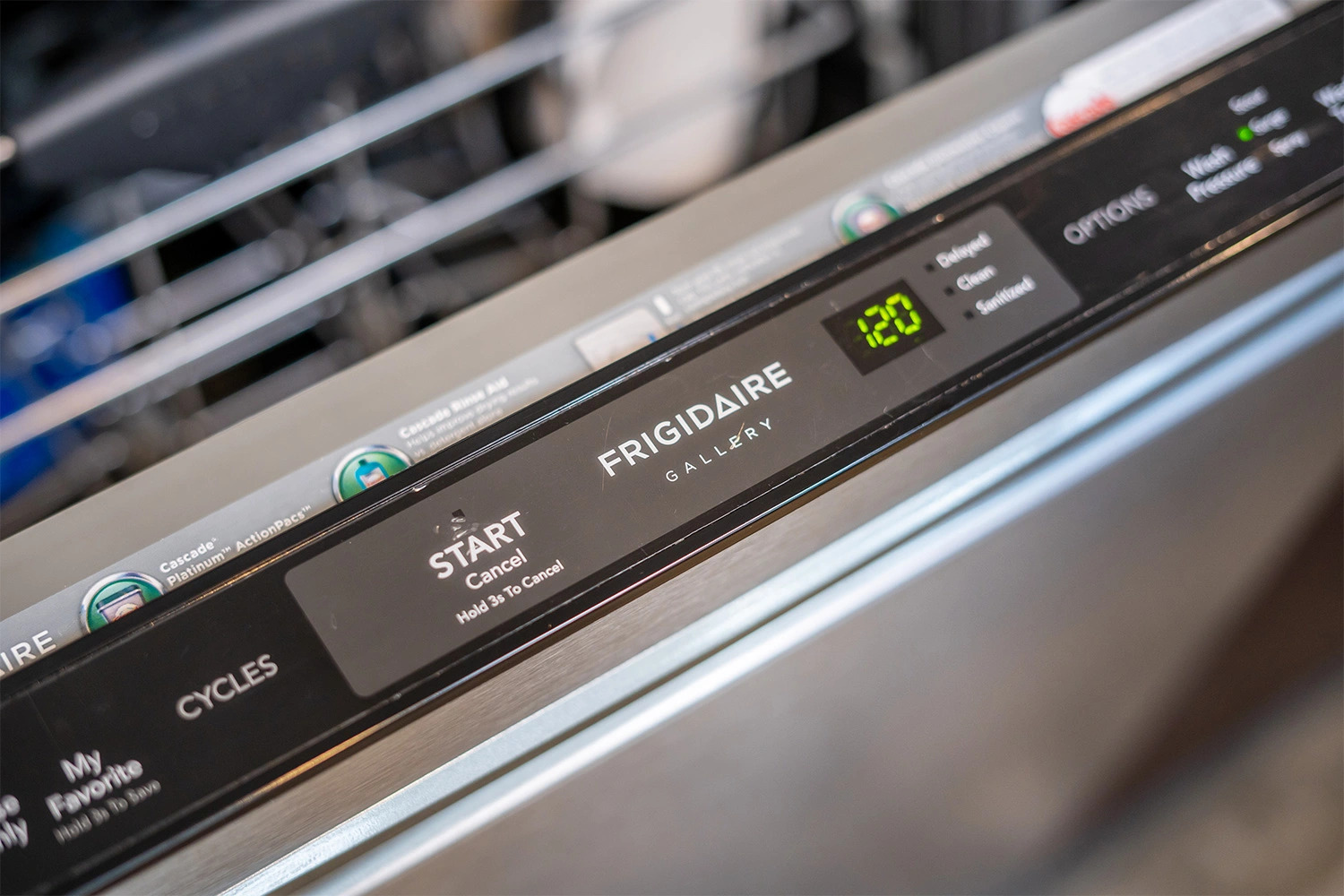
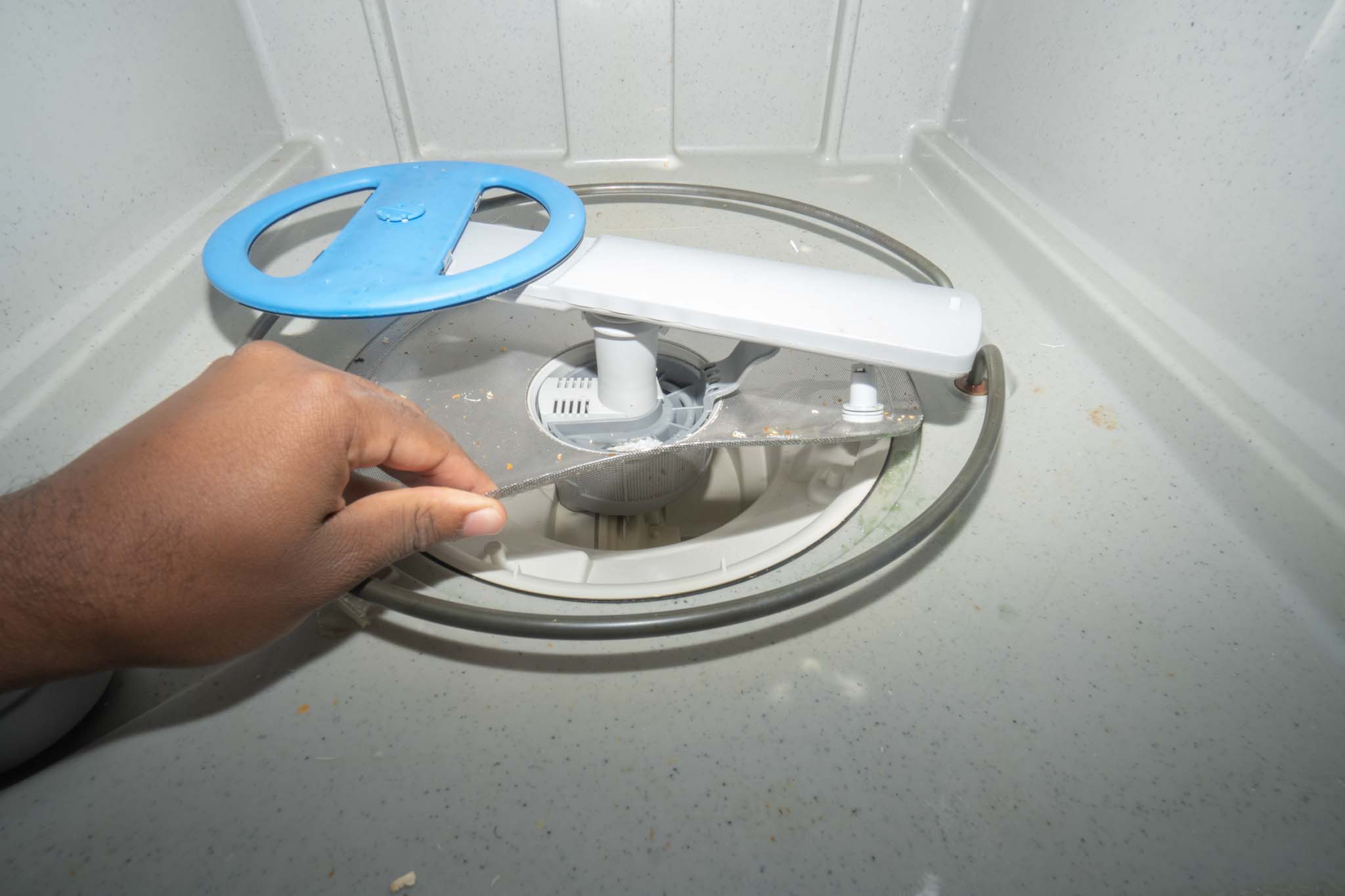
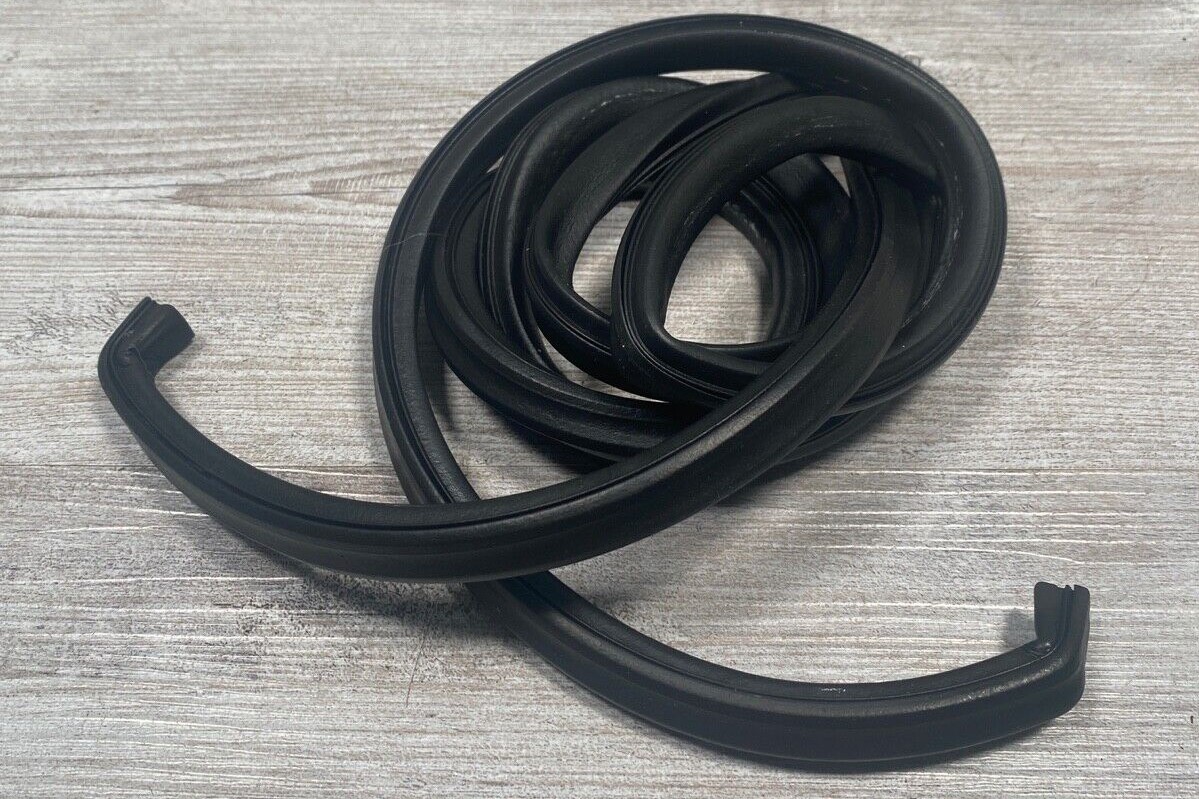
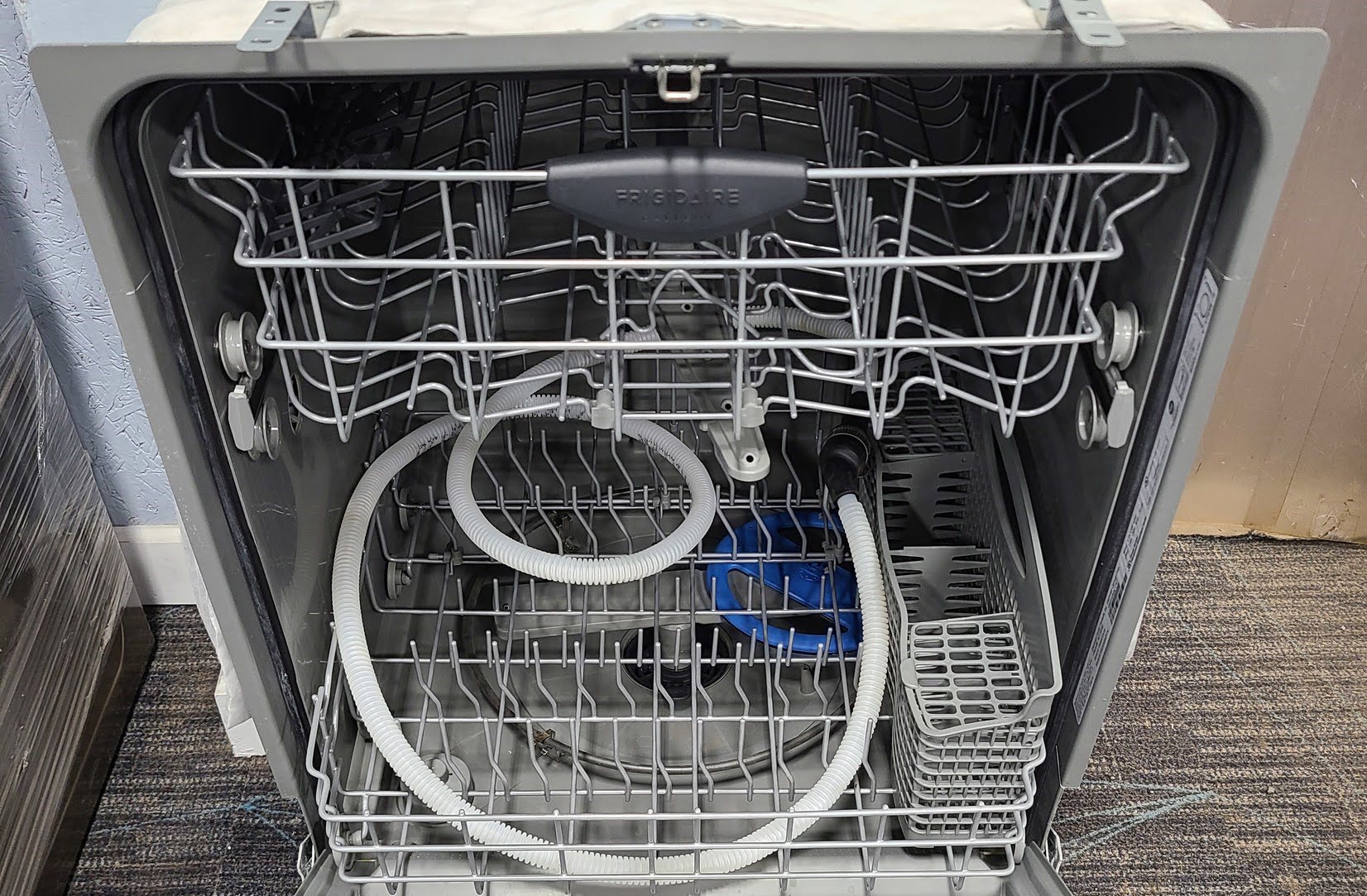
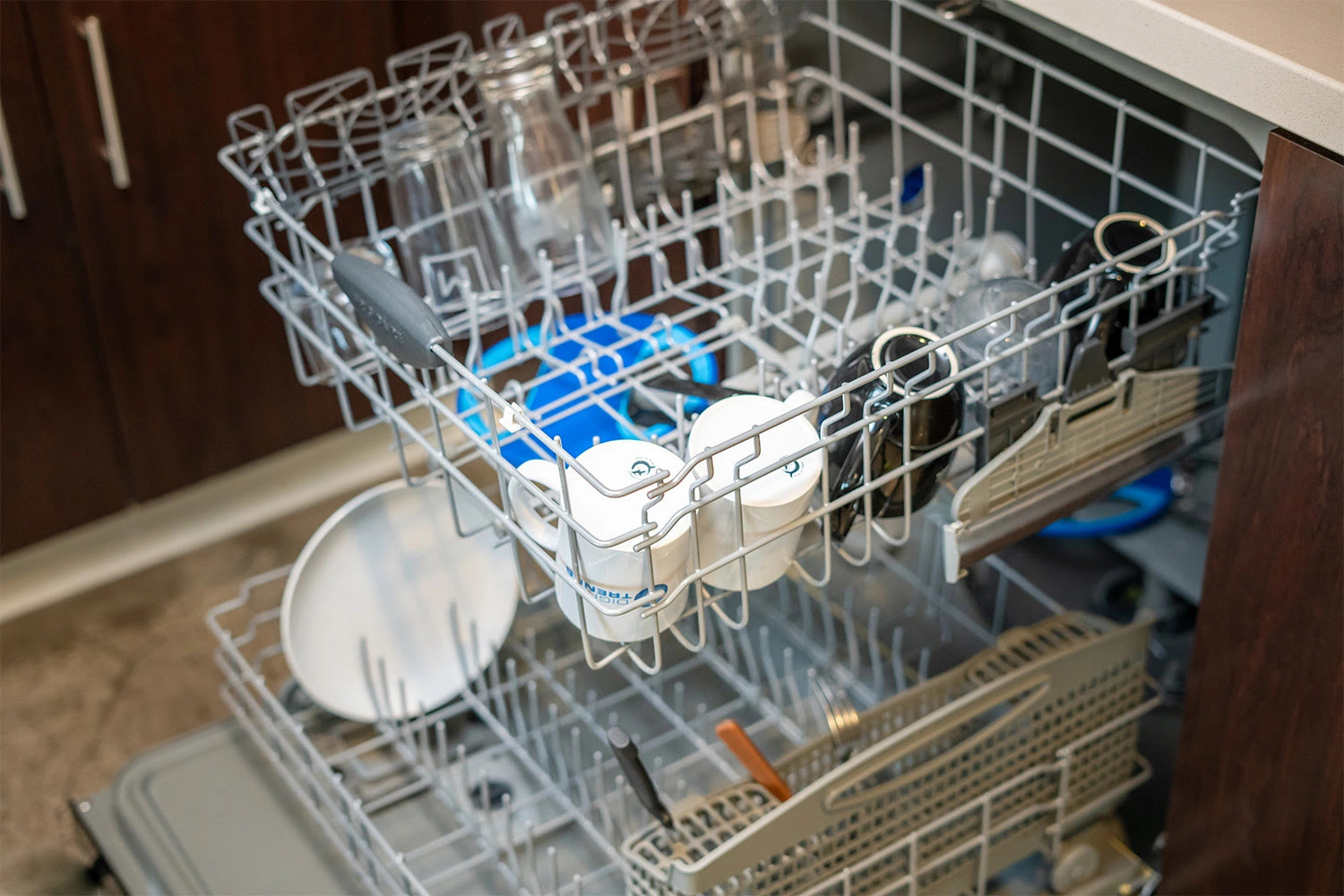
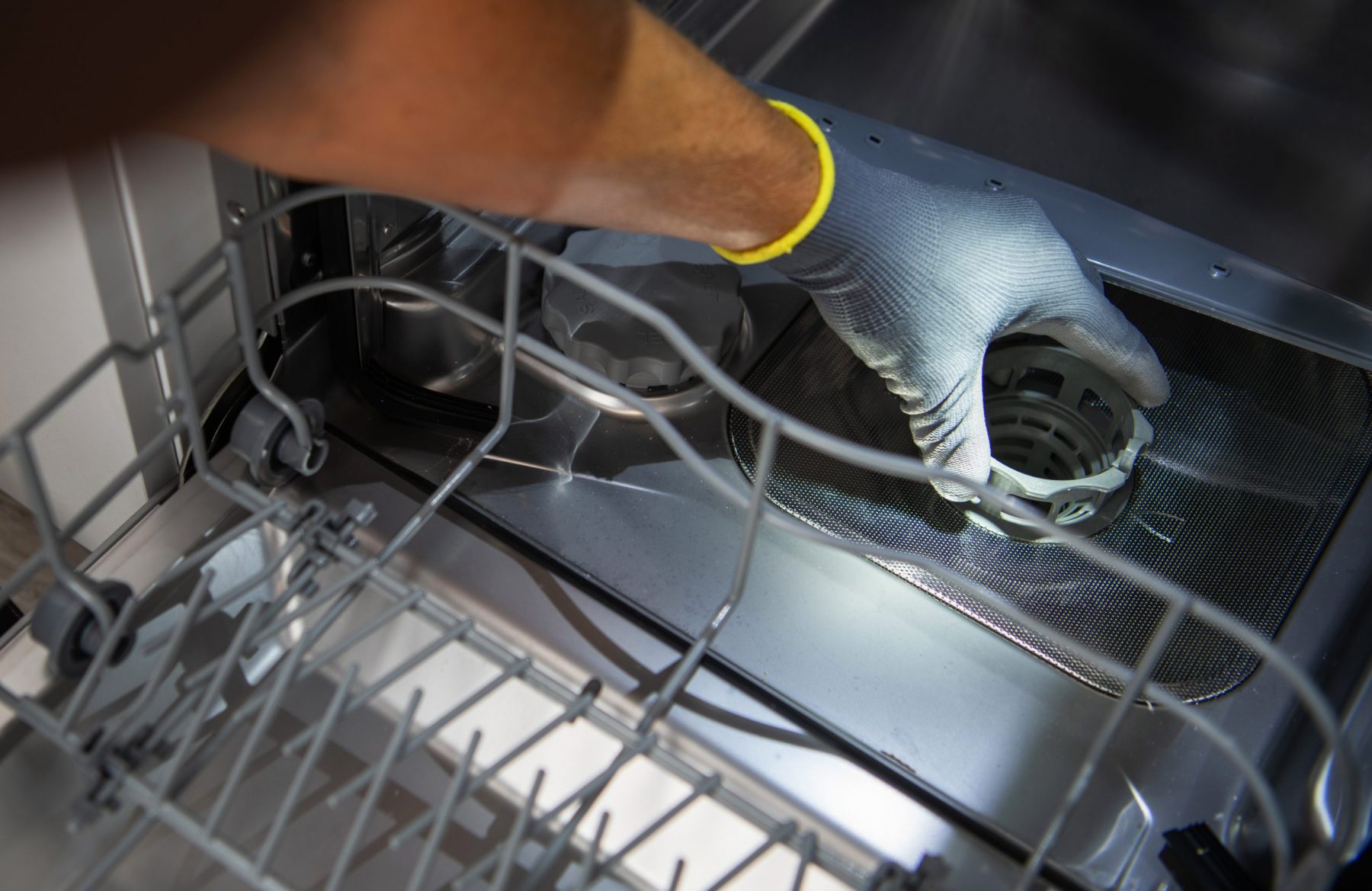
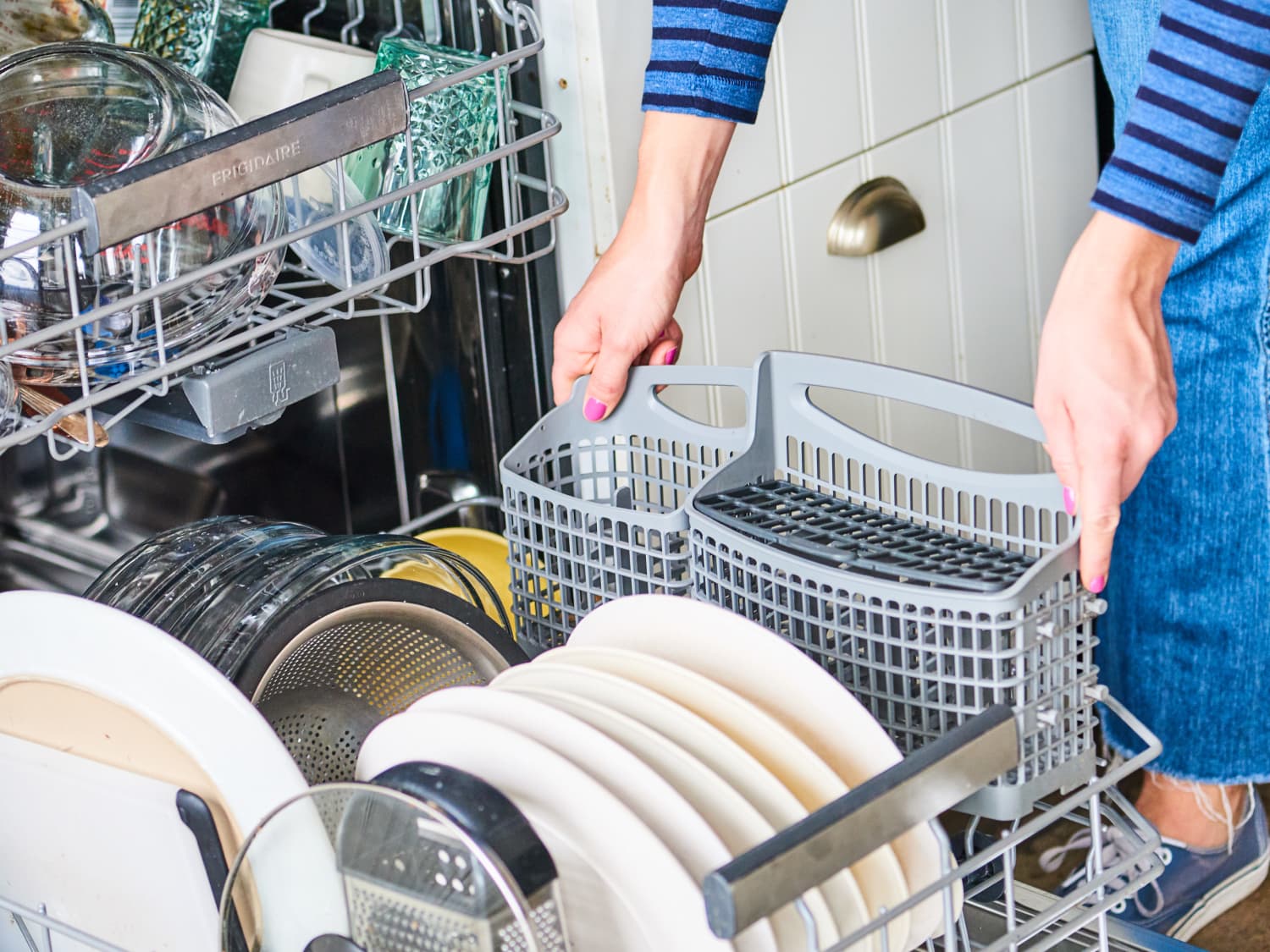
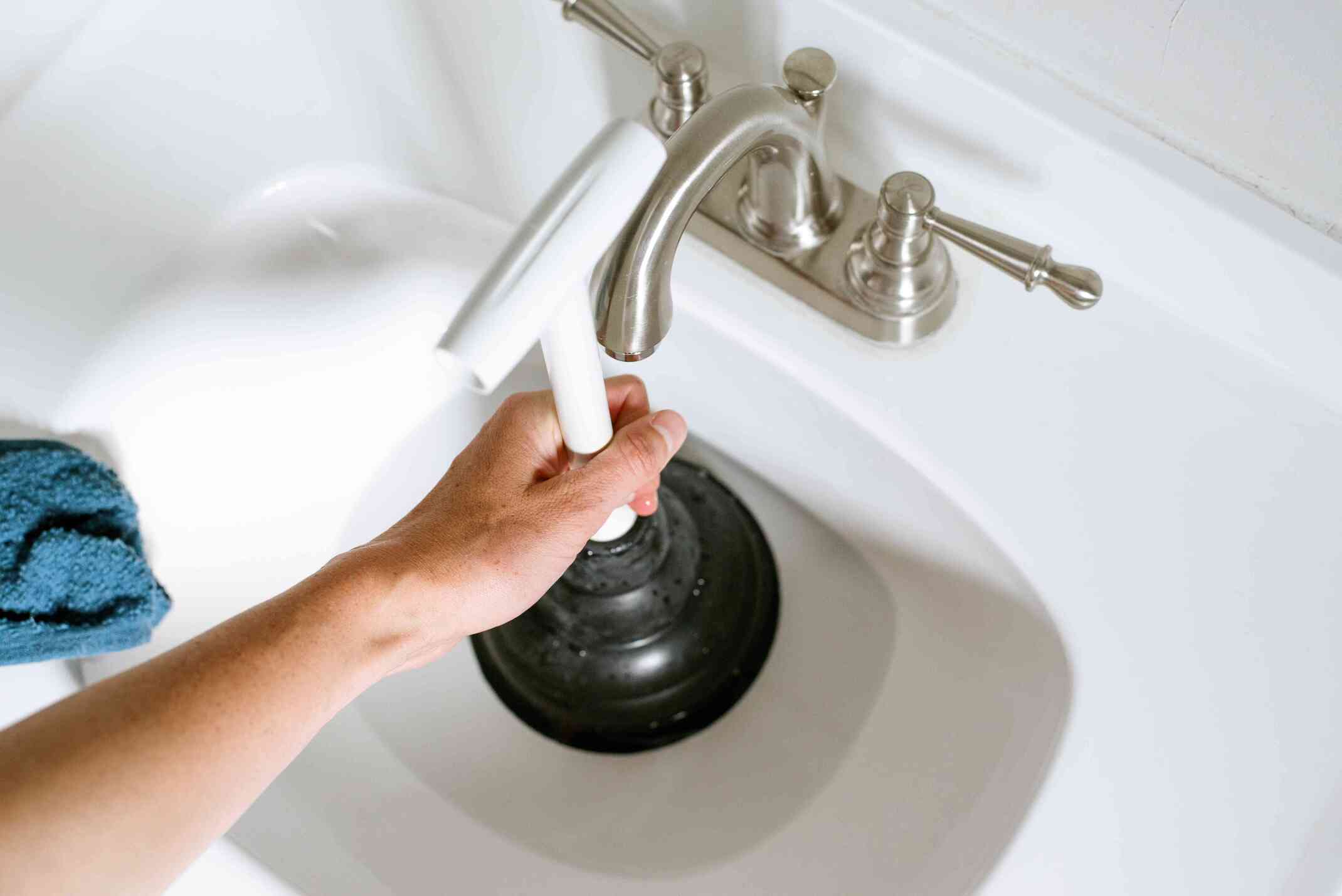
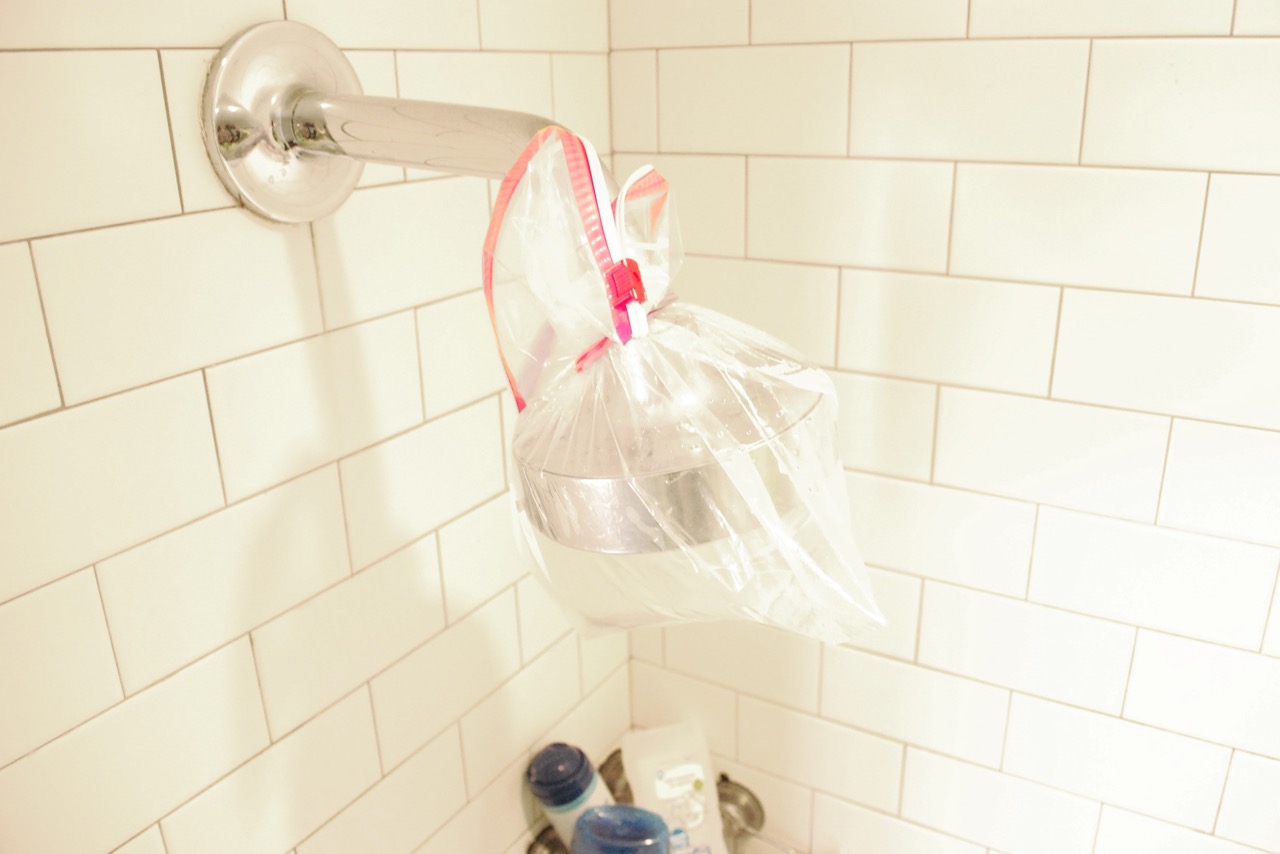
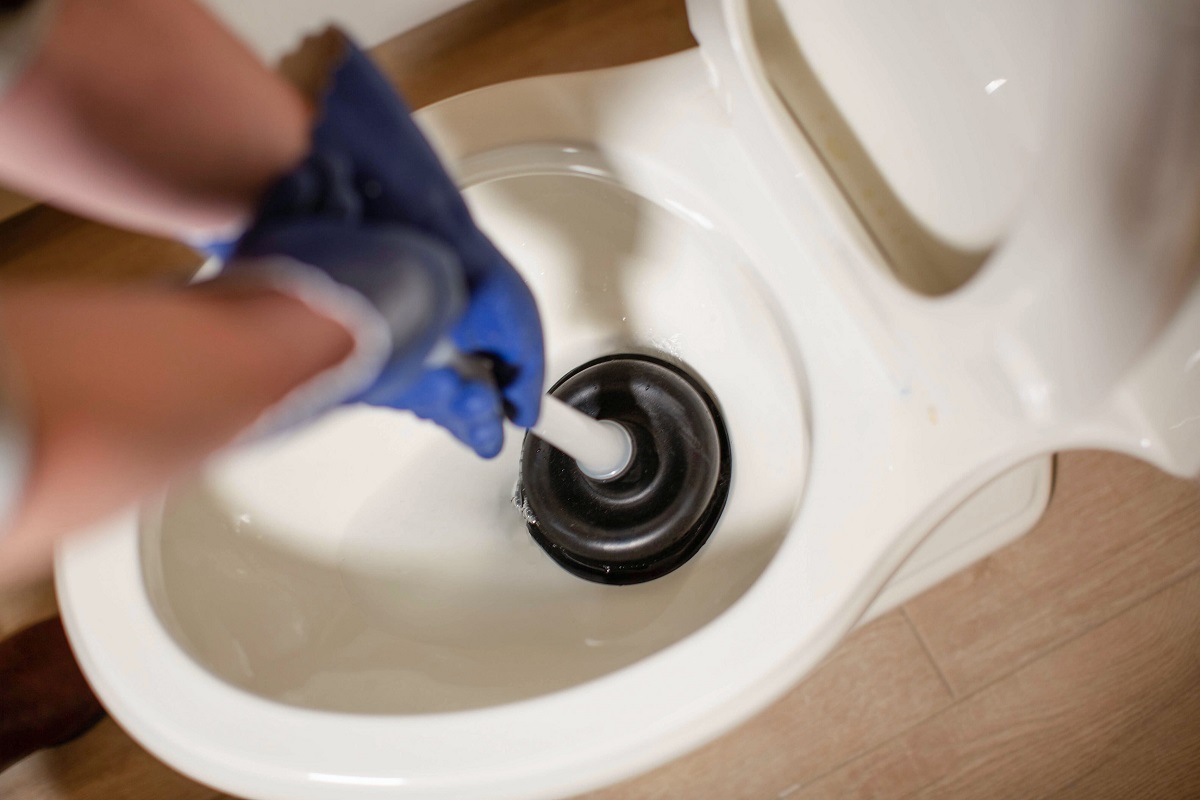
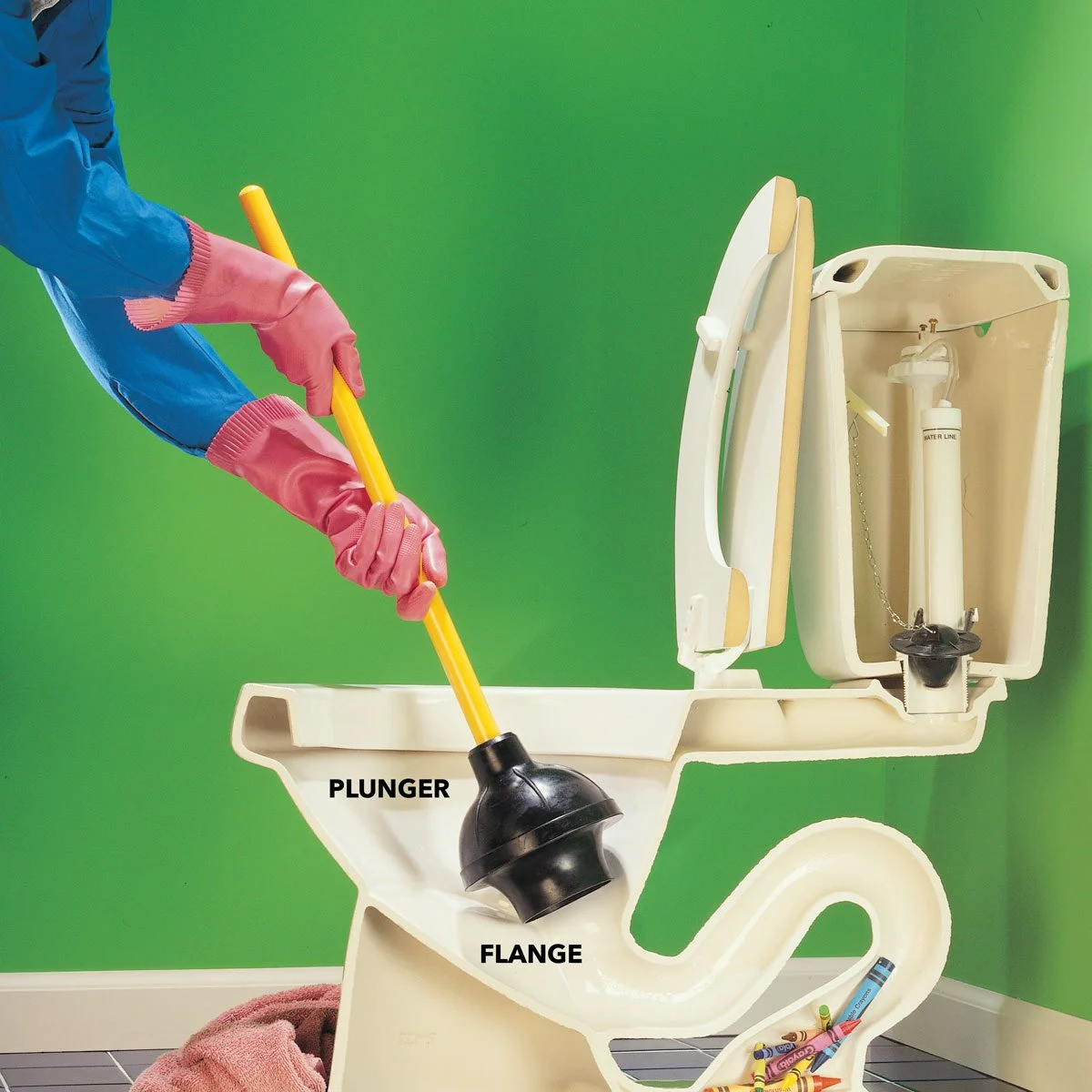

0 thoughts on “How To Unclog Frigidaire Dishwasher”